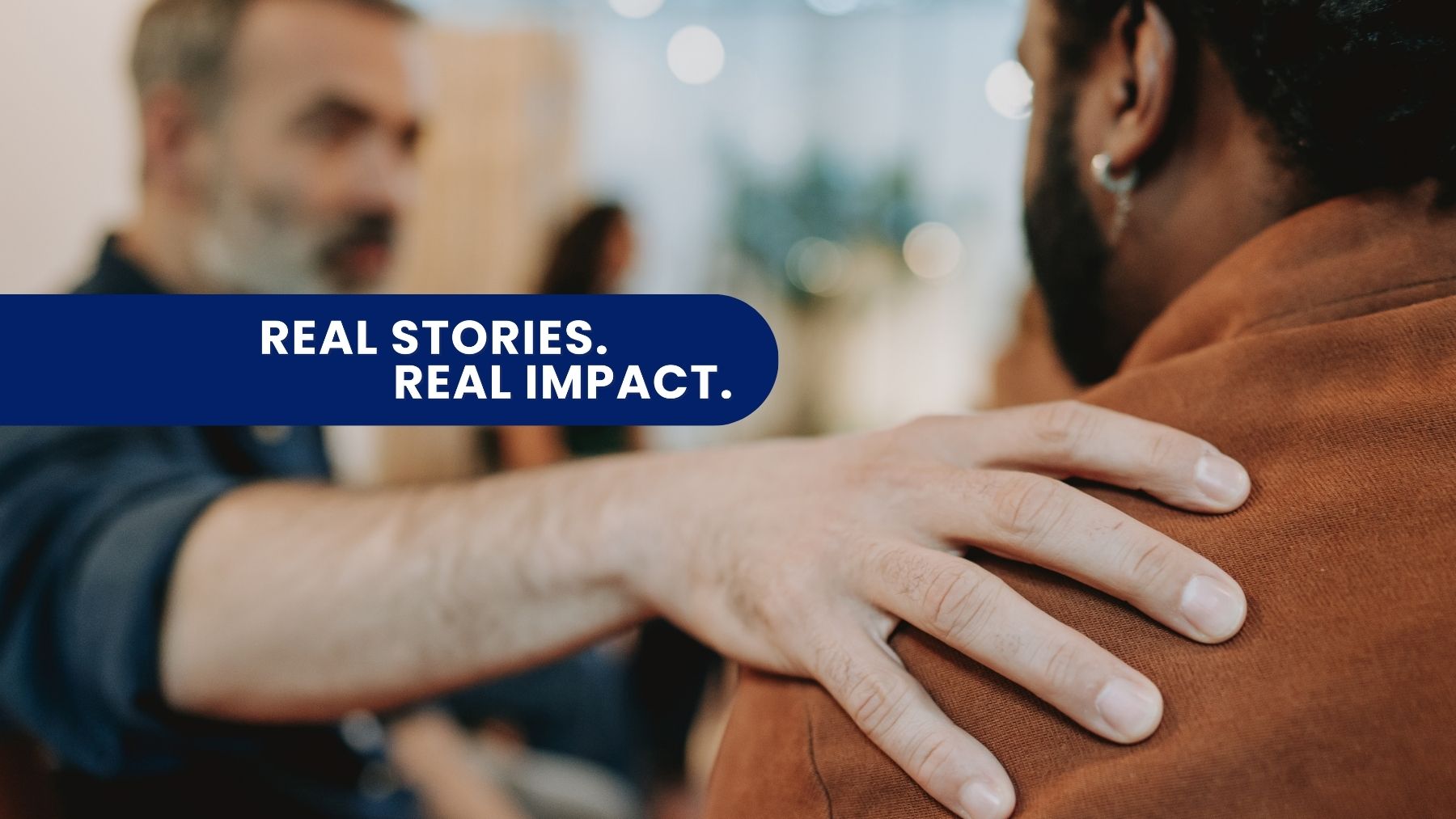
Michael Downey is the Associate Director of Outreach and Engagement for the Finger Lakes Area Counseling and Recovery Agency (FLACRA), a non-profit CCBHC agency in Western New York serving individuals and families whose lives are affected by substance use, mental health, and other health-related issues. It offers 365 days a year, round-the-clock crisis support, screenings, assessments, diagnoses, and treatment to thousands of clients. Michael oversees a crisis response team of close to 40 people who operate across several rural counties.
How he ended up at FLACRA is a long story and not necessarily what you’d expect. Michael’s journey to FLACRA was one of a man seeking recovery. It was full of turns, roadblocks, and years of substance use. An addict for more than 20 years, he began selling drugs to pay for his habit and spent four years in an Arizona prison after an arrest and conviction. While in prison, he stopped using drugs, took classes, and earned two degrees. However, he didn’t receive any meaningful treatment while incarcerated. When released and paroled, he went to New York State to be near family, but his disorder and unhealthy habits resurfaced. Unfortunately, it soon became clear that a change in location wasn’t enough to start a new path. He needed to address the mental health issues that had plagued him throughout his life in order to break the cycle.
Facing another arrest in 2018, he was finally mandated to seek help for his mental health and substance use disorder, a crucial intervention that had been missing in his previous encounters with the legal system. In addition, he was offered a plea deal of ten years in prison, but due to COVID he experienced a several-year delay. This pause gave him the time to complete treatment and set himself on a new course.
He attended peer recovery training offered through Recovery Fitness, a resource for recovery support through fitness and sober living, connecting peers, friends, and family through wellness, acceptance, and understanding. He became a state-certified peer advocate and joined FLACRA’s staff in 2019. When his hearing was finally able to take place in 2021, the judge declared that Michael was doing far more good in the community in his role at FLACRA than he would in prison. The judge opted to waive his prison sentence and instead, Michael was sentenced to 3 years of probation which he completed July 14, 2024.
“FLACRA saved my life,” he said – in more ways than one. When he was seeking recovery, they provided a comprehensive program of treatment and coordinated care, addressing several co-occurring issues and obstacles associated with social determinants of health. As an individual in recovery who finds joy in helping others, they provided him purpose through his role in the organization.
“Our clients are now used to the speediness of our response. They know someone is actually going to help them.
Michael Downey, Associate Director of Outreach and Engagement, FLACRA
He experienced firsthand how tools like CHESS Health’s referral program, eIntervention can be the difference between sustained recovery and a relapse. He knows all too well how many ways a recovery can be derailed – by a missed meeting, an overlooked email, an unreturned call, or a day or even an hour of feeling hopeless. An efficient closed-loop referral system, with its ability to track and monitor progress and confer accountability, can help minimize those administrative shortcomings, and provide immeasurable benefits.
With eIntervention’s closed-loop referral system, FLACRA has seen critical improvements in the speed and efficacy of its referrals. “I can tell you that our clients’ referrals are answered within 24 hours – if not sooner – usually by the end of the day,” said Michael. “Our clients are now used to the speediness of our response. They know someone is actually going to help them,” noted Michael. “Just having knowledge that things are moving along, that we’re getting responses (to their problems) quickly has to be really reassuring.”
Referrals created through eIntervention are efficient, thorough, and traceable, making his job easier and reducing stress and anxiety. “We are working every day on bettering this system of referrals and better managing the workload. We want it to be the easiest system,” he said, both for his staff at FLACRA and for their clients. His team processes 300-400 referrals every month. Without eIntervention, those referrals were often bogged down by phone tag, unanswered calls, and multiple voicemails, and administrative tasks where follow-up could be missed and people could fall through the cracks. The organization is now expanding its eIntervention program to include community partners. Michael is an enthusiastic champion of this expansion as he views this as pivotal to meeting people where they are to provide essential tools and support for healing, establishing new foundations and thriving. And that can be a lifesaver. Just ask Michael Downey.
